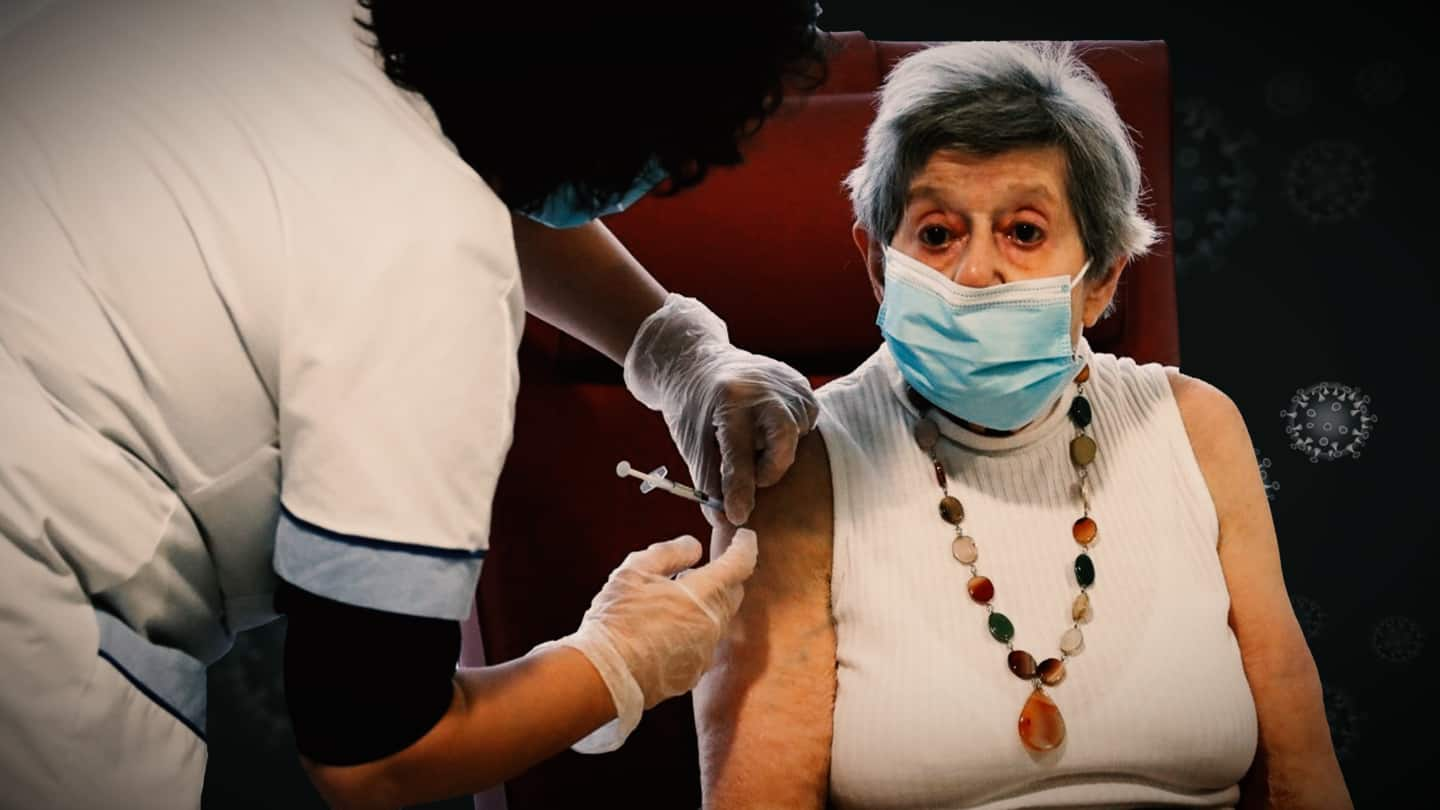
Scientists develop 'universal' vaccine to tackle COVID-19, variants, other coronaviruses
What's the story
Researchers have developed a "universal" vaccine for coronaviruses, which has been found to protect mice against COVID-19, along with other group 2B coronaviruses.
The study—led by scientists at the University of North Carolina (UNC) Gillings School of Global Public Health—found that the vaccine protected the mice against a dangerous COVID-19 variant as well.
The study takes precedence as several COVID-19 variants are now emerging.
Details
Researchers used mRNA technology, used in Pfizer vaccine
The study—published in the Science journal—was conducted by a team of scientists from UNC-Chapel Hill, Duke University School of Medicine, and the University of Pennsylvania Perelman School of Medicine.
For the "universal" vaccine, the researchers utilized mRNA from multiple coronaviruses and welded them together, said a statement from the UNC.
Pfizer and Moderna vaccines use this technology, however, with mRNA from only one virus.
Results
Vaccine generated antibodies against multiple spike proteins
The hybrid mRNA vaccine managed to generate neutralizing antibodies in mice against multiple spike proteins (used by coronaviruses to latch onto host cells).
One of these spike proteins is associated with the B.1.351 variant of SARS-CoV-2, first detected in South Africa.
According to the study, the hybrid vaccine prevented both infection and lung damage in mice infected with SARS-CoV-2 and related coronaviruses.
Quote
'Vaccine has potential to prevent SARS-CoV-3'
Study author Dr. Ralph Baric, said, "The vaccine has the potential to prevent outbreaks when used as a new variant is detected."
"Our findings look bright for the future because they suggest we can design more universal coronavirus vaccines to proactively guard against viruses we know are at risk for emerging in humans," said co-author Dr. David Martinez, adding that we could prevent SARS-CoV-3.
Viruses
Focus on sarbecoviruses to prevent future pandemics
The researchers focused on SARS-CoV-2 and other 2B coronaviruses, belonging to the subgenus sarbecovirus.
Two sarbecoviruses, SARS-CoV-1 (2002-04 SARS epidemic) and SARS-CoV-2 (ongoing COVID-19 pandemic), have had devastating impacts in the past two decades.
Focusing on the group of coronaviruses, which have the potential to jump from animals to humans, may help prevent a future coronavirus pandemic.